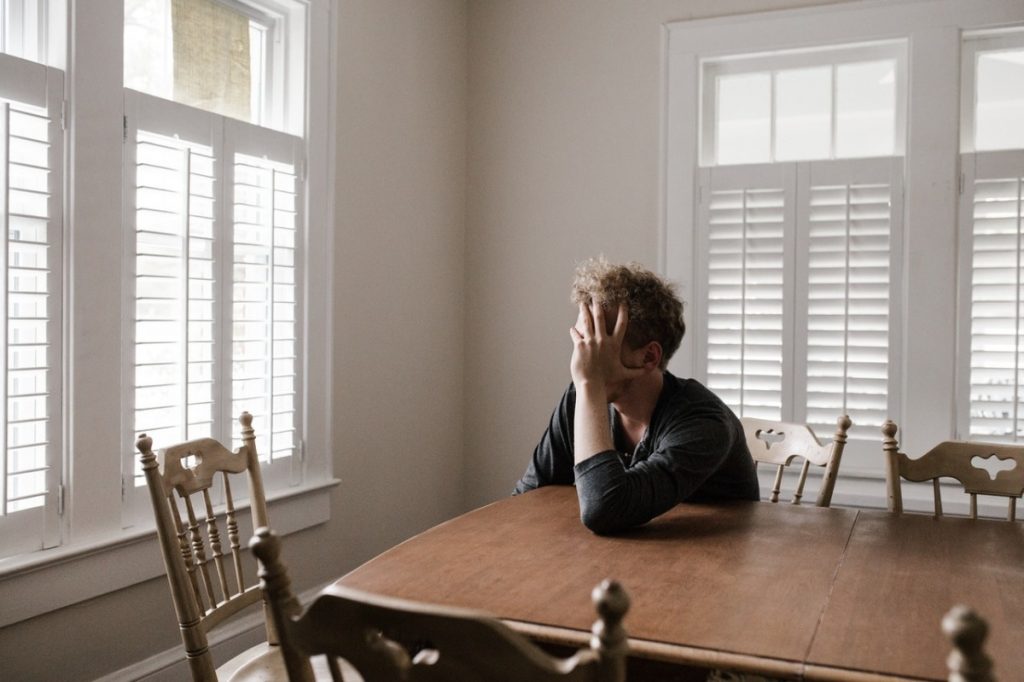The 2021 State of Mental Health in America report by Mental Health America (MHA) shows that more than 47 million adult Americans or 19 percent of the adult population are suffering from mental illness. This means any diagnosable emotional, mental, or behavioral disorder that is not a developmental disorder or a substance use disorder. Data from the National Alliance of Mental Illness (NAMI), however, show that more than 20 million Americans have a substance use disorder and more than 10 million of them also have a mental illness.
Among those with mental health problems, 4.55 percent have a severe mental illness, and an estimated 10.7 million American adults have serious suicidal thoughts, representing 460,000 more cases than the previous year. There is only 4.34 percent of reported cases of suicidal thoughts, though.
There are 511,400 adult Americans with any mental illness (AMI) who do not have health insurance. There are 111,190 adult Americans with AMI who report that their treatment needs are unmet.
The Centers for Disease Control and Prevention (CDC) Morbidity and Mortality Weekly Report (MMWR) published a study showing that from August 2020 to February 2021, adult Americans who reported having recent symptoms of anxiety disorder or depressive disorder increased from 36.4 percent to 41.5 percent. Those who reported that their mental health care needs were not met rose from 9.2 percent to 11.7 percent. The highest increases were among adults from 18 to 29 years old and those who did not finish high school.
Among the serious mental illnesses that have a significant impact on daily living are specific phobias, depression disorder, anxiety disorder, bipolar disorder, obsessive-compulsive disorder, posttraumatic stress disorder, and schizophrenia.
Mental Health Issues in the Youth
Among the youth, depression disorder is often exhibited with anxiety, disorderly behavior, and substance abuse. If left without treatment, the disorder can continue into adulthood.
Over 2.3 million or 9.7 percent of the American youth are experiencing severe major depression, representing an increase of 126,000 cases from the previous year. More than 13 percent of young people from 12 to 17 years old experienced at least one major episode of severe depressive disorder in the last year, representing 206,000 more cases than the previous year.
According to NAMI, 37 percent of students with a mental illness drop out of school. Among children who die by suicide, over 90 percent have a mental health condition.

The Urgency of Professional Medical Intervention
Professional medical care as early as possible is crucial in addressing any mental illness of any severity to start the assessment, treatment, and management that will prevent it from worsening. See a psychiatrist as soon as you can.
A paper published in the National Center for Biotechnology Information (NCBI) Bookshelf online states that someone undergoing severe crisis experiences high psychological stress linked to major depressive disorder and other mental illnesses. Crisis intervention can prevent the development of mental illness and can also treat someone who already has a severe mental illness.
One type of crisis intervention called SAFER-R means stabilization, acknowledgment, facilitate understanding, encouragement, recovery, and referral. The Assessment Crisis Intervention Trauma Treatment (ACT) covers assessment of the patient, the establishment of a relationship, understanding the problem, confrontation of emotions, exploration of coping strategies, plan implementation, and follow up.
For those with financial difficulties, you can seek assistance from community health centers, non-profit organizations, and medical schools that provide free clinics for mental health. Many also provide telecare online or a phone hotline.
Self-care and Support for Any Mental Illness
Managing depression, anxiety, and other mental health problems also includes self-care. Many experts advise finding even the smallest positive things that happen each day and give gratitude for these. Find sources of joy to celebrate. Avoid listening to bad news and stressful programs, shows, and films.
Explore ways to relax, such as practicing meditation or yoga, or listening to music. Learn how to sing and play musical instruments. You can get online lessons for piano, voice, guitar, and other musical instruments. Music soothes the mind and the soul.
When it is safe, go outdoors where there are no other people and immerse yourself in nature. Basking in sunlight will help establish your normal circadian rhythm to get consistently good sleep every night. This is vital because lack of sleep leads to a higher risk for developing depression and anxiety.
Increase your physical activity and do regular aerobic and strength training. This increases endorphins and helps establish your sleeping pattern. Self-care also includes eating healthy meals and avoiding junk food. Sugar is bad for mental health because it produces drastic mood swings.
Connect meaningfully with your family and friends because having an emotional support system will help you pull through. Have regular video chats and phone calls if you live apart. Write them letters by email.
Help Yourself Cope
The most important thing is to acknowledge and accept your condition and to want to get well. You will then have the motivation to help yourself cope with your mental health issues as you follow your doctor’s treatment regimen.
Above all, treat yourself with kindness and take each small step at a time. Do not set big goals or expect too much of yourself. Live mindfully in each moment and if the moment is not so good, remind yourself that it will pass. There is always hope for the next moment.


